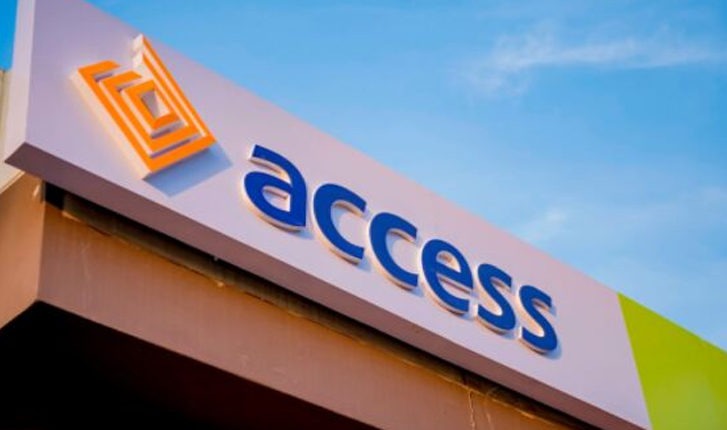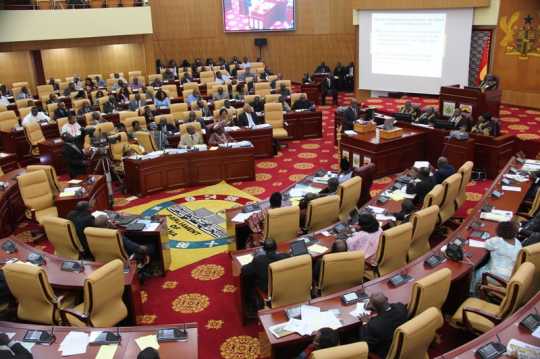Finance
28 Stocks Boost Equities’ Appreciation by N28bn

Banking Sector
Access Holdings Plc Grants 23.81 Million Shares to Directors, Valued at N420 Million
Loans
Ghana’s $20 Billion Debt Restructuring Hangs in the Balance Amid LGBTQ Legal Challenge
Banking Sector
Central Bank of Nigeria Mandates Cybersecurity Levy on Transactions
-

 Naira4 weeks ago
Naira4 weeks agoDollar to Naira Black Market Today, April 9th, 2024
-

 Billionaire Watch4 weeks ago
Billionaire Watch4 weeks agoNigerian Billionaire Tony Elumelu Contemplates Acquiring NPFL Club
-



 Naira4 weeks ago
Naira4 weeks agoNaira Hits Eight-Month High at 1,120/$ Amidst Central Bank Reforms
-



 Naira3 weeks ago
Naira3 weeks agoDollar to Naira Black Market Today, April 17th, 2024
-





 Naira3 weeks ago
Naira3 weeks agoDollar to Naira Black Market Today, April 18th, 2024
-





 Naira3 weeks ago
Naira3 weeks agoNaira Appreciates to N1,136/$ Officially, N1,050/$ Parallel Market
-





 Naira2 weeks ago
Naira2 weeks agoDollar to Naira Black Market Today, April 24th, 2024
-

 Commodities3 weeks ago
Commodities3 weeks agoCitigroup Predicts $3,000 Value Amidst Investor Surge






















